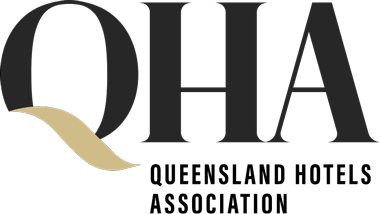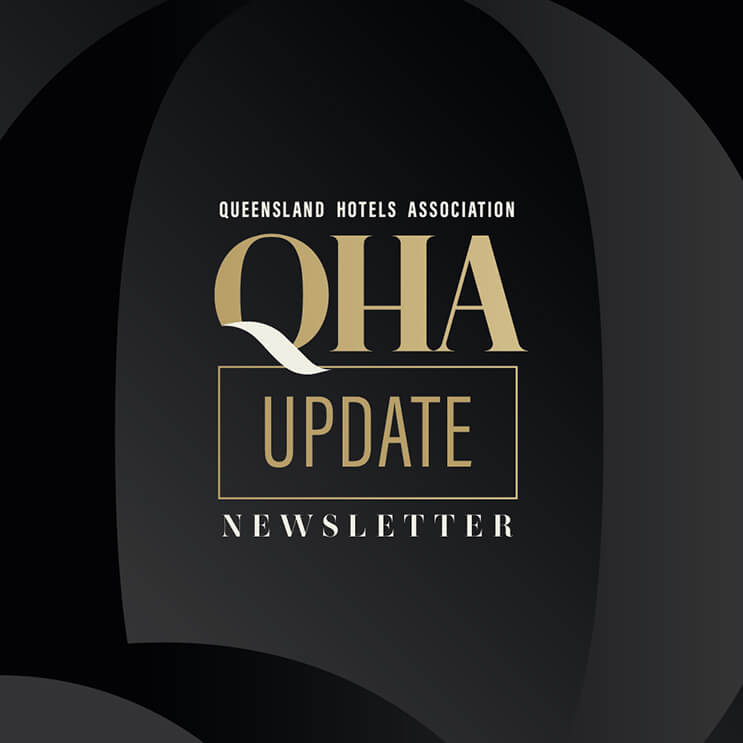Last year, the Anti-Discrimination and Human Rights Legislation (Respect at Work) Bill passed Parliament, amending the Sex Discrimination Act 1984 (Cth). A key amendment was the introduction of a positive duty on employers to prevent workplace sexual harassment, sex-based harassment, sex discrimination, hostile work environment and victimisation (collectively, ‘unlawful conduct’).
Employers are now required to take reasonable and proportionate measures to eliminate unlawful conduct. From 12 December 2023, the Australian Human Rights Commission (‘AHRC’) will have the power to enforce compliance with the positive duty.
The AHRC has issued Guidelines for Complying with Positive Duty under the Sex Discrimination Act 1984 (Cth) (‘the Guidelines’) that will be used by AHRC to assess compliance.
The Seven Standards
In the Guidelines, there are seven standards that outlines what the AHRC expects employers to do to satisfy the positive duty under the Sex Discrimination Act 1984 (Cth). We have summarised the standards below:
- Leadership
Senior leaders are:
- to understand their obligations under the Sex Discrimination Act and have up-to-date knowledge about relevant unlawful conduct.
- responsible for ensuring that appropriate measures for preventing and responding to unlawful conduct are developed, recorded in writing, communicated to workers and implemented
- to regularly review the effectiveness of these measures and update workers
- to be visible in their commitment to safe, respectful and inclusive workplaces
- Culture
Employers are to foster a culture that is safe, respectful and inclusive and values diversity and gender equality. This culture empowers workers (including leaders and managers) to report relevant unlawful conduct, minimises harm and holds people accountable for their actions.
- Knowledge
Employers develop, communicate and implement a policy regarding respectful behaviour and unlawful conduct. Employers support workers (including leaders and managers) to engage in safe, respectful and inclusive behaviour through education.
- Risk Management
Employers recognise that relevant unlawful conduct is an equality risk and a health and safety risk. Employers to take a risk-based approach to prevention and response.
- Support
Employers ensure that appropriate support is available to workers (including leaders and managers) who experience or witness relevant unlawful conduct. Workers are informed about the available support, and can access the support, regardless of whether they report the conduct.
- Reporting and response
Employers ensure that appropriate options for reporting and responding to relevant unlawful conduct are provided and regularly communicated to workers and other impacted people. Responses to reports of relevant unlawful conduct are consistent and timely.
- Monitoring, evaluation and transparency
Employers collect appropriate data to understand the nature and extent of relevant unlawful conduct concerning their workplace. This data is used to assess and improve the work culture, as well as to develop measures for preventing and responding to relevant unlawful conduct.
How we can help
The QHA’s Employment Relations team have developed a sexual harassment policy that can be purchased as part of the HR Manual. Please contact the team on the details below if you are interested in purchasing the policy.
The team delivers training on Sexual Harassment, Discrimination and Bullying that educates workers and employees with staffing responsibilities on their obligations under the Sex Discrimination Act 1984 and also under other applicable discrimination legislation. Further information about this training can be found in our Flyer.
QHA members seeking more information or wishing to discuss a specific employment relations matter are encouraged to contact the Employment Relations Department for a confidential discussion by calling 07 3221 6999 or emailing er@qha.org.au.

